Now that we’ve covered how to find your land, build your home, and keep things warm or cold in the previous article, let’s get into the nitty gritty of off-grid living and talk about how to get the electricity and water flowing, and the toilets … er, toileting.
The whole point of going off-grid is to be independent of outside systems, and this means, of course, able to generate electricity, access water, and handle your own waste. There’s an array of available options both modern and ancient. After all, there was a point in time when humanity lived an off-grid life (until figuring out different ways to share and manage resources). Your personal philosophy will determine if you use the latest technology, go back to pre-industrial methods, or patch together your own hybrid of the two.
Electricity

Edison opened the Pearl Street Power Station in New York City in 1882, offering Americans one of the first centralized sources of power. That means, pre-1882, everyone was managing their own energy resources handily — without the aid of widely-available electricity. This means, electricity is not necessary for a good life, and while this is a difficult idea to swallow in modern times, it can be absolutely freeing for the person looking to rethink how they live.
It’s my personal, off-grid belief that electricity can be thought of as a “luxury” rather than a necessity, and the off-grid home should be able to function without it. I obviously still use electricity (as I mentioned with our just-installed solar panels), but I like knowing that if something goes awry with the system, I’ll still be totally functional without it.
You will likewise have to redefine your relationship with this powerful resource. Here are some energy storage systems you can use to help generate your own.
Solar
The sun shines more freely in some places than others. If you, like me, live in an area prone to drought but abundant in solar energy, maybe solar energy systems are the right fit for you. You can start with a single solar panel. Then, if you have the budget, you can purchase a solar array and customize it to meet your energy requirements.
Wind
Wind turbines can be installed to capture the volatile energy of the ever-shifting winds. Turbines make the most sense (obviously) if you have a lot of wind to work with. Some people install both solar panels and wind turbines, not only for energy efficiency, but also to capture energy rain or shine.
Water
If your land has access to free-flowing water, you may be able to use a water turbine to generate electricity. Some turbines have been adapted to use the ebb and flow of ocean tides, while others can use the energy of a waterfall or river.
Methane
Methane digesters or biogas digesters break down organic waste anaerobically and generate a methane-rich natural gas and digestate, an organic fertilizer. Biogas can be used as renewable energy source and thus, can be a fuel for your off-grid power system. You may have been introduced to biogas as it is produced on an industrial scale, but there are plentiful, small-scale DIY builds that can be employed on the off-grid homestead. The Complete Biogas Handbook is available for free online and a great place to get started.
Propane
The use of propane as an off-grid power source falls into a hotly-contested gray area that has some folks against it and others staunchly defending it. I’m not here to indict people who use propane. The decision of how to power your home is an independent and individual choice that’s your sole responsibility. I see propane as a fickle, fragile option, however, as it’s dependent on so many other people and processes to get to you and can’t be independently produced. That said, I am not necessarily in the “right” with my solar panels. I had to purchase those panels from someone else and have no clue how to make them myself. I rectify this by making the solar-energy optional — as already explained — but that’s my personal philosophy.
So where’s the line between what defines truly off-grid when it comes to electrical systems? Figure it out for yourself, enjoy your life, and don’t bother wasting mental energy with debates online.
Fresh Water
I’ve already written a pretty in-depth article on sources of off-grid water, and you can find it here. As someone who lives on a very dry, dusty hill, my best advice for water is to have multiple sources. You never know when drought or a broken pump will happen, but it’s unlikely all your systems will break down at the same time. Here are some sources to consider or look for on your land.

Natural Surface Water
Ponds and lakes can be natural reservoirs for you and your animals. This surface water will obviously need to be purified before being used for human consumption.
Manual Pump
A well is great, but not so great if the electricity goes out and you can’t reach the water hundreds of feet below. A manual pump puts the ability to retrieve water back in your own hands. I’ve written an article with my best tips on manual pumps here.
It is also possible to power a pump with solar or wind energy, but that’s something I don’t have any experience using. You’ll have to research ways to integrate that technique into your water system.
Natural Spring
Springs are wonderful gifts of the land, with relatively clean groundwater bubbling to the surface and abundantly offered. If you end up living on an older farm, try to find out if there was ever a springhouse built there. Good water might be out there waiting for you, free for the taking, but although, those springs were probably safe to drink from originally, it’s best to filter spring water, too.
Rain Catchment
Whether you install a 55-gallon rain barrel or a multi-thousand-gallon cistern, gathering the rain when it falls so you can use it when it doesn’t, has been good sense for millennia. I have a more in-depth article on the topic here.
Waste Water & Sewer Connections
Whether you like talking about it or not, everybody produces waste every day, and when you’re off-grid, you’ll have to face that fact viscerally. Gone are the days of flushing your daily doings to oblivion, and that’s a good thing, because your daily doings are actually a useful fertilizer resource when handled appropriately.
There are two main approaches for off-grid toilets, all of them best-suited to different situations.
Toilets and Black Water
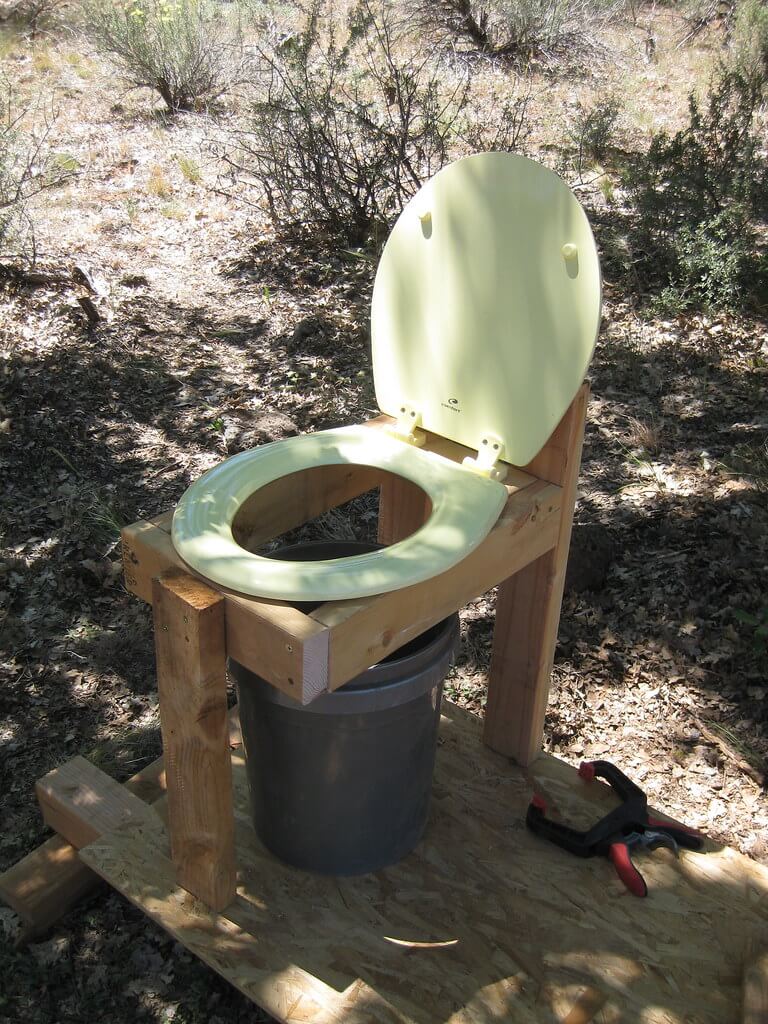
Composting Toilets
Composting toilets are a return to the natural way of things, where human waste is returned to the soil as fertilizer, completing the nutrient cycle on your land. The Humanure Handbook is an excellent resource (offered for free) on how to approach building your own nutrient-reclamation throne. I’ve also written an earlier article on DIY composting toilets.
If DIY isn’t your style, there’s a host of (extremely expensive) composting toilets that you can purchase.
Incinerating Toilets
If you live in the desert, your climate may be too dry to truly compost your waste. Or, if you live in a structure that moves — such as a van, ship, or other sort of portable home, lugging around compost waste is impractical. In this case, an incinerating toilet is a means of reducing your waste to harmless ash.
Urine As Fertilizer
Even if the idea of using “night soil” on your land grosses you out at the moment, check out our article on utilizing urine in the garden — to help you warm to the idea.
Greywater
The other waste product you may not realize needs to be addressed is the management of greywater that’s left over from washing clothes and dishes, and bathing. Though it doesn’t need to be handled as carefully as the stuff that collects in your composting toilet, it’s still a waste product that can turn malodorous if not dealt with quickly enough.
If you choose to use biodegradable soap and certain nontoxic cleaners, that greywater can be used to water gardens and trees, turning what was formerly a waste product into a valuable resource.
Of course, it’s still something that will take an infrastructure that’s a departure from the norm. You’ll have to deal with this material every day, rain, snow, or shine. A great book to help you understand greywater management is Art Ludwig’s Create an Oasis With Greywater.
Laundry
Since we’re on the topic of greywater, I should expand on one of the biggest sources — your laundry. I’ve written an article on my personal method for manual, off-grid laundry here, and it’s just that — my personal method. There are dozens of ways for off-gridders to approach clothes-washing without the use of a washing machine. These can range from foot-operated machines and reimagined mop buckets, to the old-fashioned wringer-washer that your great-grandmother used. I’ve used the Lavario system in the past (it was fine for lightly soiled clothes, but it didn’t wow me) and prefer to use an old-fashioned scrub board, a washing plunger, and my hands for a real clean.
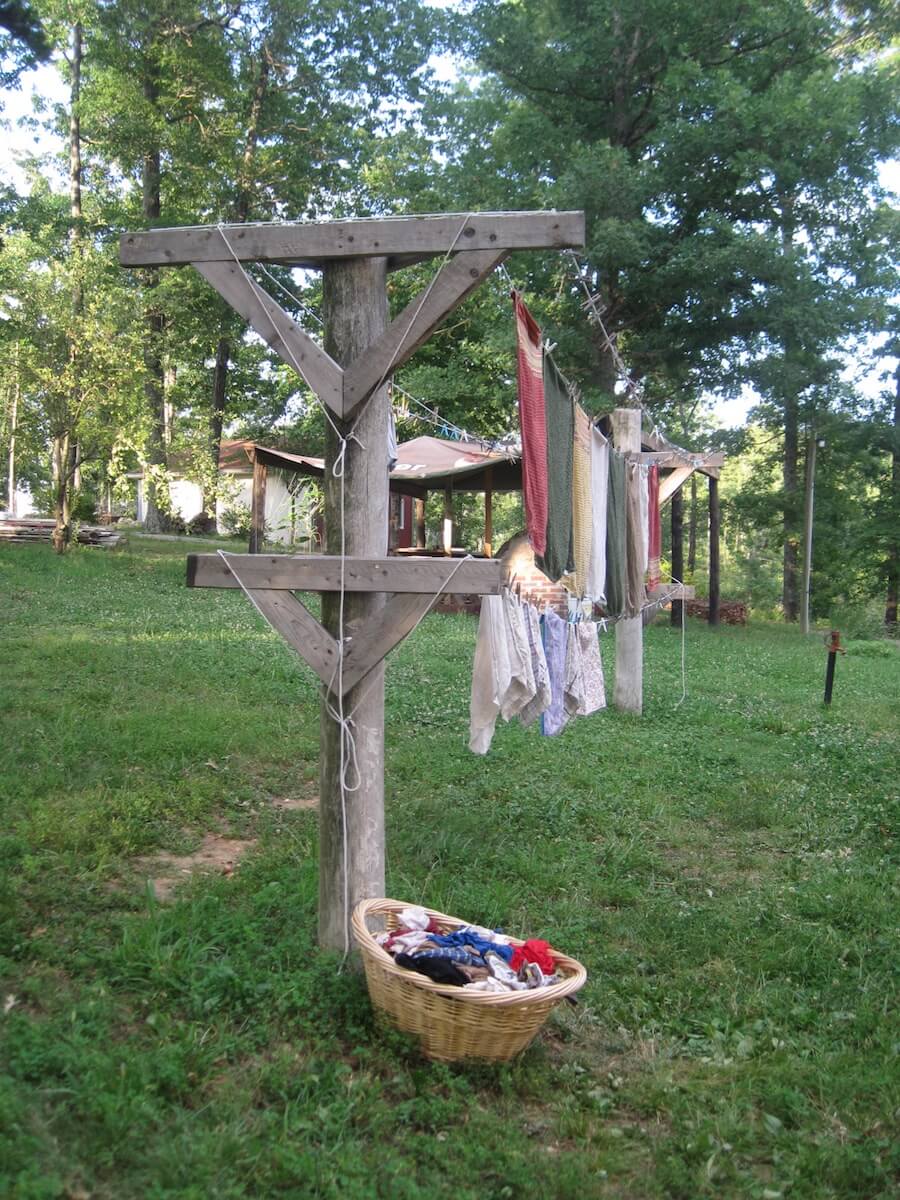
Whatever method you employ, you have to do the same basic actions: Get clothes wet, use soap to work out tough spots, agitate in water, wring out clothes, and rinse in clean water. That’s all there is to it.
In order to recycle greywater to garden water, you can’t use just any soap on your clothes. Most normal detergents, even those that claim to be safe, can deposit harmful chemicals in your garden. Check out this site to learn more about how to vet a potential soap for greywater safety.
To dry the clothes, you can really do no better than a clothesline that uses free wind and sun (and yes, we have an earlier article on that as well). I’ve seen off-grid folks use propane-powered dryers, but I find that bizarre. Of all the items you might justify using off-grid, eliminating the dryer seems like a no-brainer to me with how easy it is to use the outdoors. Even if the weather turns wet, you can use your woodstove as an indoor dryer. Granted, there are a few rainy weeks in the late spring or early fall when it’s too hot to run the woodstove, but other than that, it’s a pretty solid plan. I haven’t used a dryer in six years. I promise you can figure it out, too.
Waste & Garbage Management

In the city, garbage trucks take your plastic-bagged waste to oblivion where you don’t need to give it a second thought ever again. But for off-grid folks, our freedom to live as we wish usually comes at the cost of such convenient services. I don’t see that as a bad thing. Facing your own garbage means you’ll develop a deep sense of responsibility for it. Mindless, thoughtless discards will become a thing of the past. Here are some ways to deal with it.
Burn It
I know some may wince at the thought of burning garbage, but for many backwoods folk, this is the only option left to them. If you dedicate a singular spot for your trash burns and make sure you build hot, quick, monitored fires on days without a high fire risk, burning your trash makes small impact. This is especially true if your garbage has a minimal plastic content.
But don’t be like some of my neighbors, who build massive gasoline-soaked piles that are left to smolder unattended for an entire day, plunging our road into a thick miasma of plastic vapor. Lovely.
Haul It
If you have a pickup with good storage capacity, you can haul a lot, and if you can haul a lot, you can haul your garbage to a dump. It’s not a great solution, but it is one.
Recycle It
If you choose to buy as much stuff as you can in recyclable containers, you can use your pickup to haul them to the nearest processing center. In our area, this means an hour-long trek to the nearest city, so the trip is not one that’s made often. You’ll have to build some sort of storage for your recyclables until they can make the journey, and you’ll have to make your storage area critter-proof, because the scent of your peanut butter and tomato sauce jars can be quite attractive.
Don’t Make So Much of It in the First Place
This is my #1 tippy-top, most-important, can’t-be-overemphasized tip for off-grid garbage management. If you don’t generate a ton of garbage in the first place, you won’t have to burn or haul as much in the end. Check out our article on how to reduce your plastic waste, and flex your ingenuity to cut down on trash.
Now, for all the information we’ve covered, there’s still a lot more to living off-grid than the practicalities of it. But those sorts of off-grid considerations — your motivations, philosophies, and the spiritual convictions that guide them — are yours and yours alone to grapple with.
I hope this information can help you along the way as you strive and thrive in your new life off-grid.


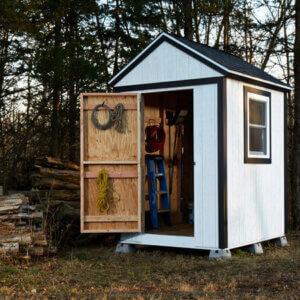
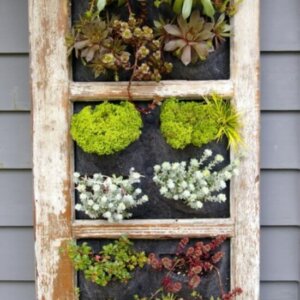
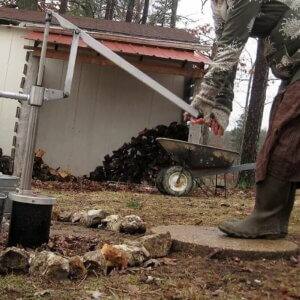


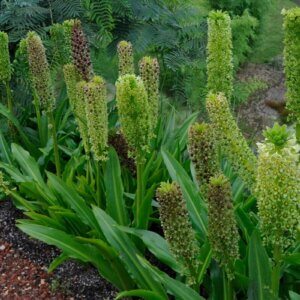


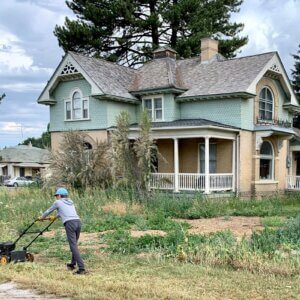
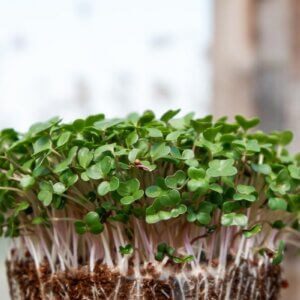
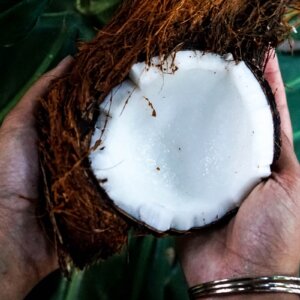
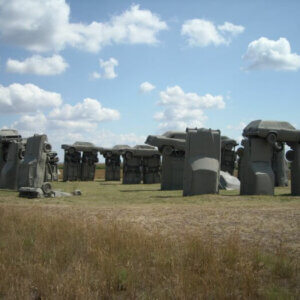

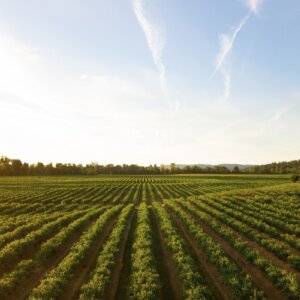
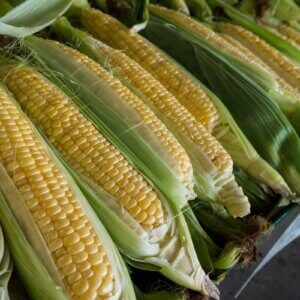



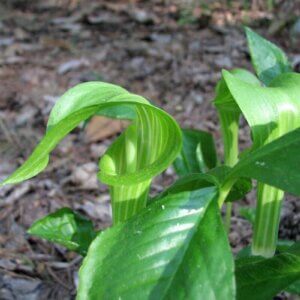



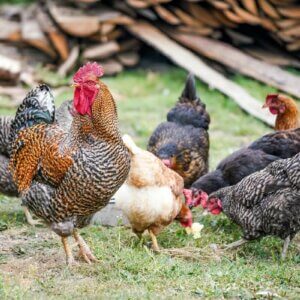
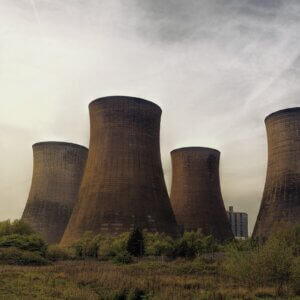
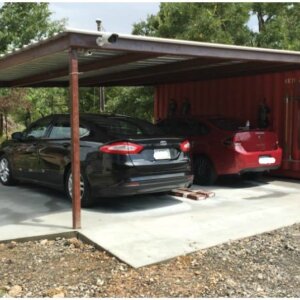
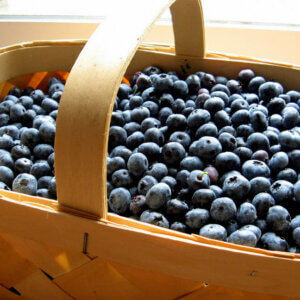

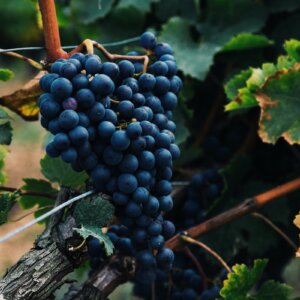
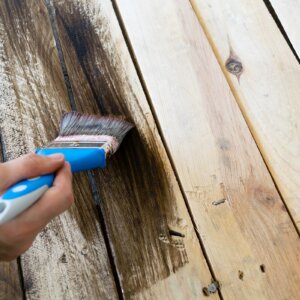





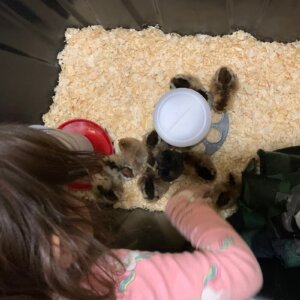





Photo/Attachment:
Hi, Rick Rayburn here, and we’ve been living off grid without electricity for 44 years.
We have wood heat and a wood cook stove. We have the traditional outhouse. Our gray water is run out of the house through piping and drained down a large hill.
We have been using night soil as Kane put it, or as we call it
“liquid nitrogen” for fertilizer, and have had great success using it.
Once you incorporate pre-industrial infrastructure into your lifestyle you realize that as Kane put it , you can get along quite well without any type of electricity for your daily doings.
We don’t even notice the absence of electricity and even the thought of putting something as benign as wind or solar would be far more trouble and expense than it would be worth.
If anyone has questions regarding this lifestyle feel free to contact me at:. roebrook1980@gmail.com
Rick